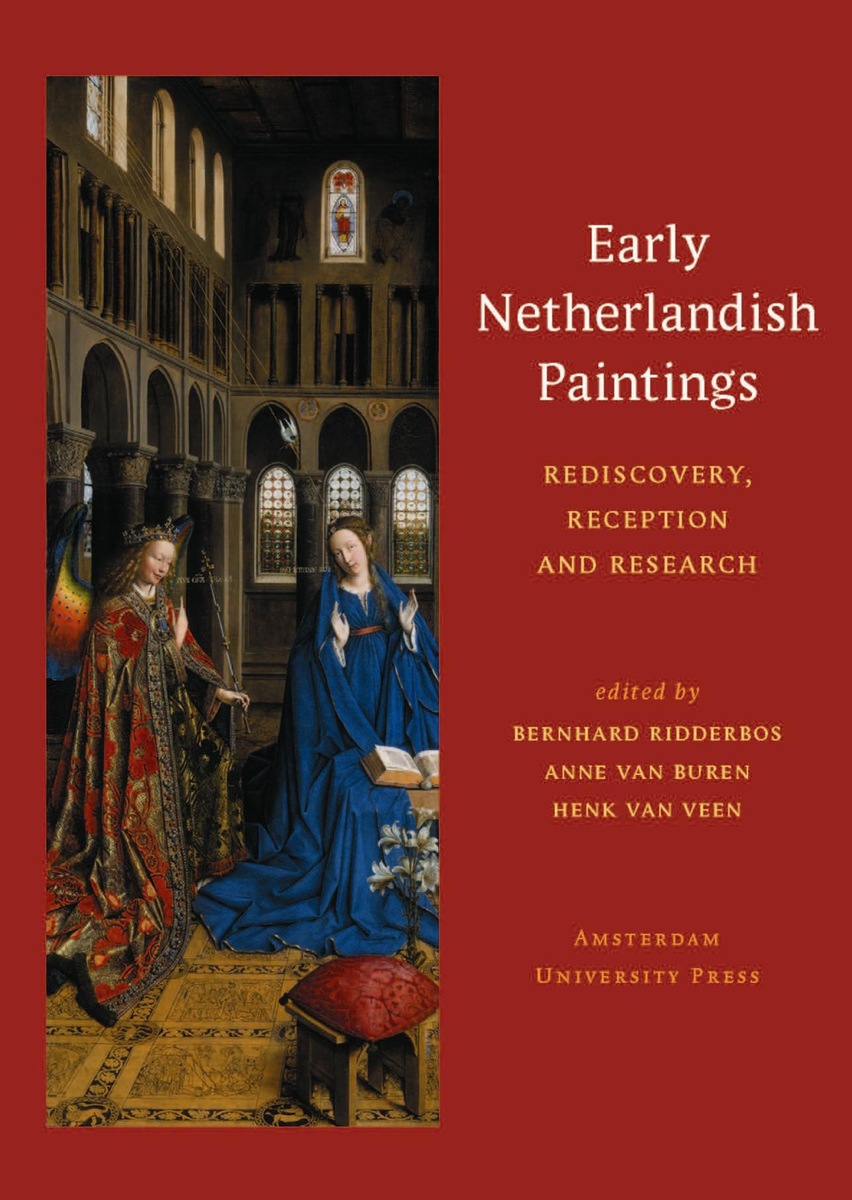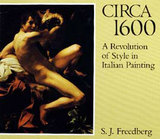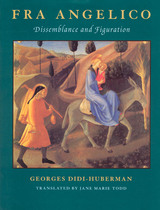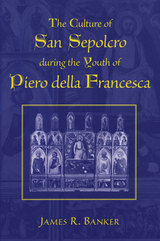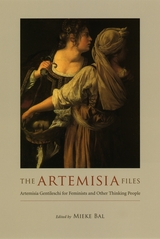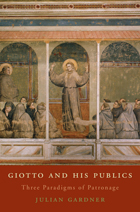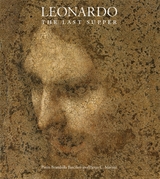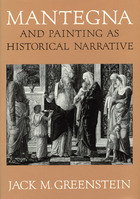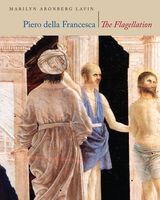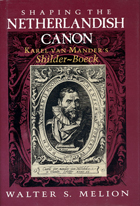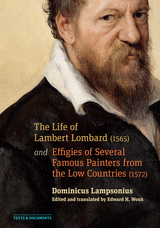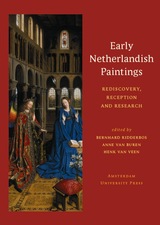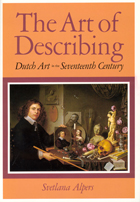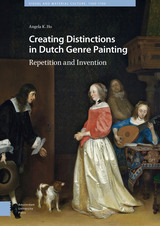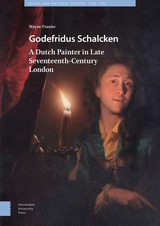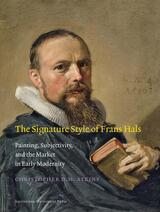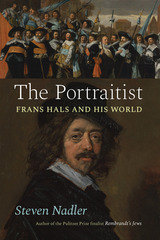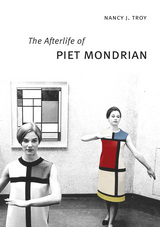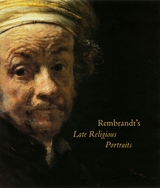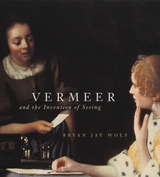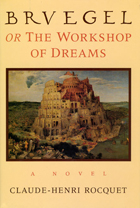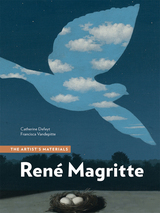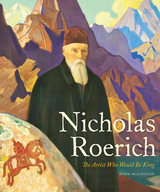Early Netherlandish Paintings: Rediscovery, Reception and Research
Amsterdam University Press, 2003
eISBN: 978-90-485-0522-7 | Cloth: 978-90-5356-614-5
Library of Congress Classification ND635.O4513 2005
Dewey Decimal Classification 709
eISBN: 978-90-485-0522-7 | Cloth: 978-90-5356-614-5
Library of Congress Classification ND635.O4513 2005
Dewey Decimal Classification 709
ABOUT THIS BOOK | AUTHOR BIOGRAPHY | TOC
ABOUT THIS BOOK
The so-called Flemish Primitives, a group of 15th-century painters from the Burgundian Netherlands, acquired their name in the 19th century. Among them were world-famous artists such as Rogier van der Weyden, Hans Memling, the brothers Van Eyck, and Hugo van der Goes. Their masterpieces, oil paintings minutely detailed in luminous colour, are a high point of Western European art, which, together with the Italian Renaissance paintings, laid foundations for modern art. This scholarly in-depth analysis focuses on the artistic, religious and social significance of their art, as well as how the paintings themselves were collected, evaluated and studied over the centuries.'"the clearly written essays address crucial and current issues" "this is an efficient and essential study that seeks to integrate the form, content, and function of these paintings" "highly recommended" - American Library Association"written by a truly all-star cast of authors" "this book is both authoritative and readable, concise yet engaged with the essentials: artists, works, history of interpretation, and current methodologies. It should make for a splendid teaching tool" - The Art Book
See other books on: 15th century | Expertising | Reception | Rediscovery | Research
See other titles from Amsterdam University Press
